
Please Follow us on Gab, Minds, Telegram, Rumble, Gab TV, GETTR, Truth Social
While Pfizer is making billions from their Covid vaccinations globally, more courts are demanding answers as PHARMA trust is waning.
First, it was the U.S. courts, now it is the foreign courts.
Judge Alejandro Recarey has demanded that Uruguay’s national government - the Uruguayan President’s office, the Ministry of Health Services Administration, the Ministry of Public Health, and Pfizer appear in court on Wednesday.
Judge Recarey is demanding they disclose the exact components of the Covid-19 vaccine. He has given them 48 hours to submit their documentation while his court deals with an injunction request to halt Covid vaccinations for children aged 5 and over.
The court wants to know if there is “graphene oxide” or “nanotechnological elements,” and any data demonstrating the “innocuousness” of “the substance called messenger RNA” and “the experimental nature” of the vaccines accreditation.
The judge also is demanding explanations as to whether studies have been conducted “to explain the notorious increase in deaths due to Covid-19 as of March 2021 in relation to the previous year,” and the parties must explain the adverse effects for the general population, and children specifically.
The Uruguayan government executive branche must also submit all contractual information related to any clauses of civil indemnity or criminal impunity of the suppliers in the event of adverse effects.
In January 2022, as a result of a Freedom of Information request, Judge Mark Pittman ordered the FDA to release Pfizer documents monthly until all of their documents are released to the public.
Within those documents, released so far is evidence of over 1200 adverse effects connected to Pfizer vaccinations.
This is the not first time that Pfizer has been taken to task by courts or governements.
In September 2009, Pfizer and its subsidiary Pharmacia & Upjohn Company agreed to pay $2.3 billion to resolve criminal and civil liability arising from the illegal promotion of certain pharmaceutical products. It was the largest health care fraud settlement in the history of the Department of Justice at the time.
“Pharmacia & Upjohn Company has agreed to plead guilty to a felony violation of the Food, Drug and Cosmetic Act for misbranding Bextra with the intent to defraud or mislead. Bextra is an anti-inflammatory drug that Pfizer pulled from the market in 2005.
‘NO AD’ subscription for CDM! Sign up here and support real investigative journalism and help save the republic!
The company will pay a criminal fine of $1.195 billion, the largest criminal fine ever imposed in the United States for any matter. Pharmacia & Upjohn will also forfeit $105 million, for a total criminal resolution of $1.3 billion,” stated the Department of Justice announcement.
“In addition, Pfizer has agreed to pay $1 billion to resolve allegations under the civil False Claims Act that the company illegally promoted four drugs – Bextra; Geodon, an anti-psychotic drug; Zyvox, an antibiotic; and Lyrica, an anti-epileptic drug – and caused false claims to be submitted to government health care programs for uses that were not medically accepted indications and therefore not covered by those programs. The civil settlement also resolves allegations that Pfizer paid kickbacks to health care providers to induce them to prescribe these, as well as other, drugs. The federal share of the civil settlement is $668,514,830 and the state Medicaid share of the civil settlement is $331,485,170. This is the largest civil fraud settlement in history against a pharmaceutical company.”
At that time, Pfizer agreed to enter into an “expansive corporate integrity agreement with the Office of Inspector General of the Department of Health and Human Services.”
This particular case was triggered by six whistleblowers.
Three years later, another health care fraud claim of $3 billion outdid Pfizer’s settlement.
In 2012, GlaxoSmithKline (GSK) pled guilty and had to pay $3 billion for its criminal and civil liability arising from its unlawful promotion of prescription drugs, its failure to report safety data, and its civil liability for false price reporting practices.
GSK’s misconduct continued for years going back to the 1990s. It targeted the anti-depressant Paxil to patients under 18 although it was only approved those over 18 years of age. It pushed Wellbutrin for weight loss and sexual dysfunction and it was not approved for either. They concocted a medical journal with misleading information and provided doctors who promoted these drugs with gratuities that amounted to illegal kickbacks according to prosecutors. It also failed to supply The FDA with safety date about its diabetes drug Avandia.
The agreement to settle “is unprecedented in both size and scope,” said James Cole, the Deputy Attorney of U.S. Justice Department at the time.
Uruguay is one of the 47 co-sponsoring countries that has agreed to the Biden administrative amendments to the W.H.O.'s 2005 International Health Agreements that would place countries' health sovereignty under the auspices of W.H.O.'s Director-General and its regional directors.
Perhaps the Uruguay courts ought to ask the Uruguayan presidential representatives about this decision that seemingly would usurp the court's jurisdiction in the future if this came to pass, and if it is connected to any PHARMA covid contract.










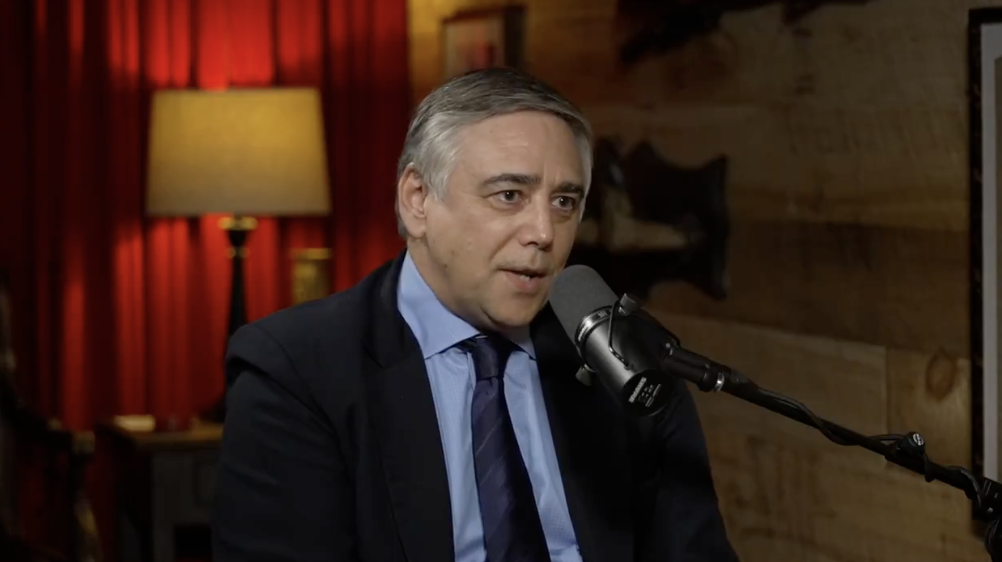
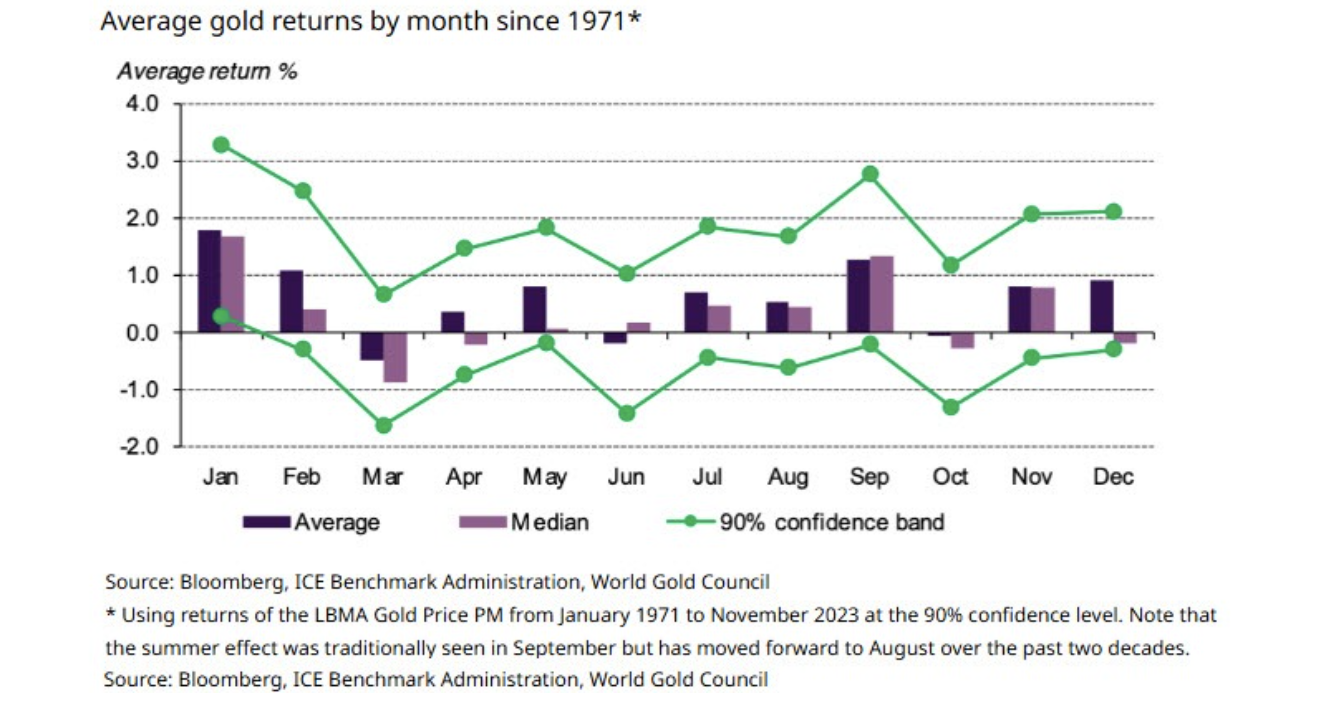






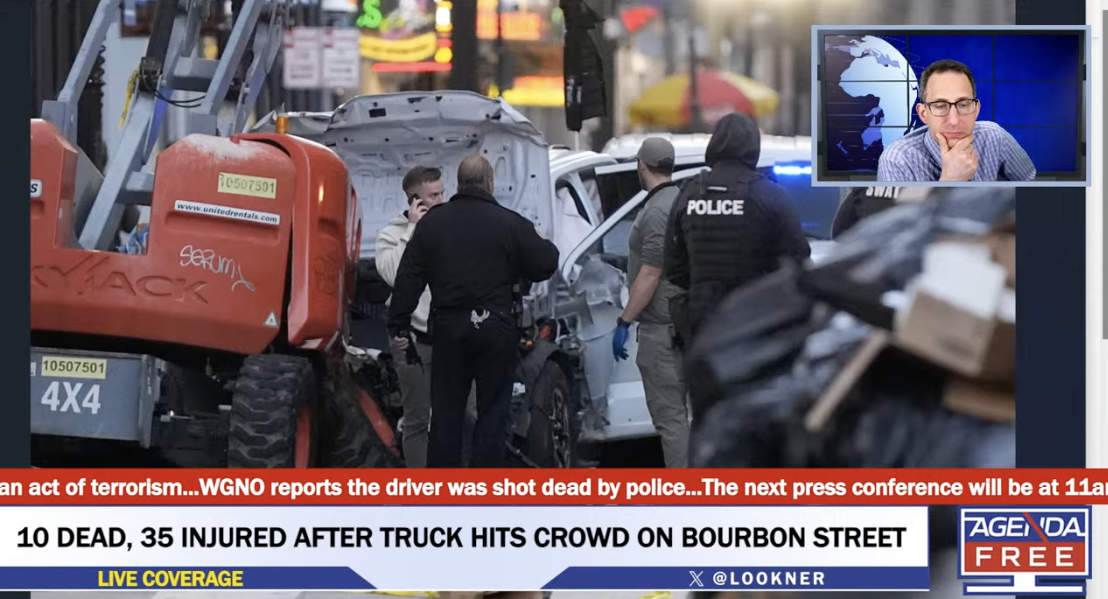

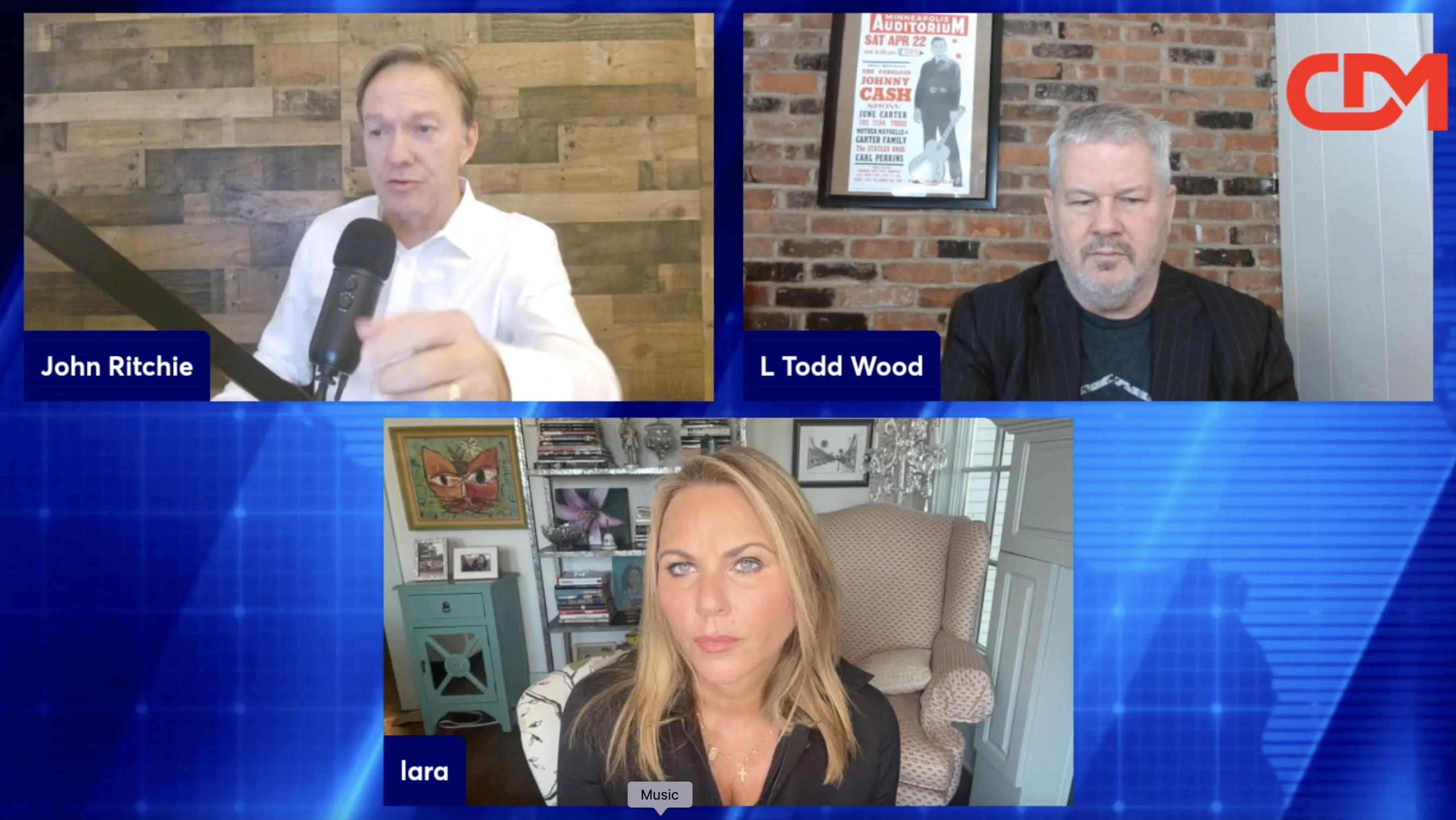
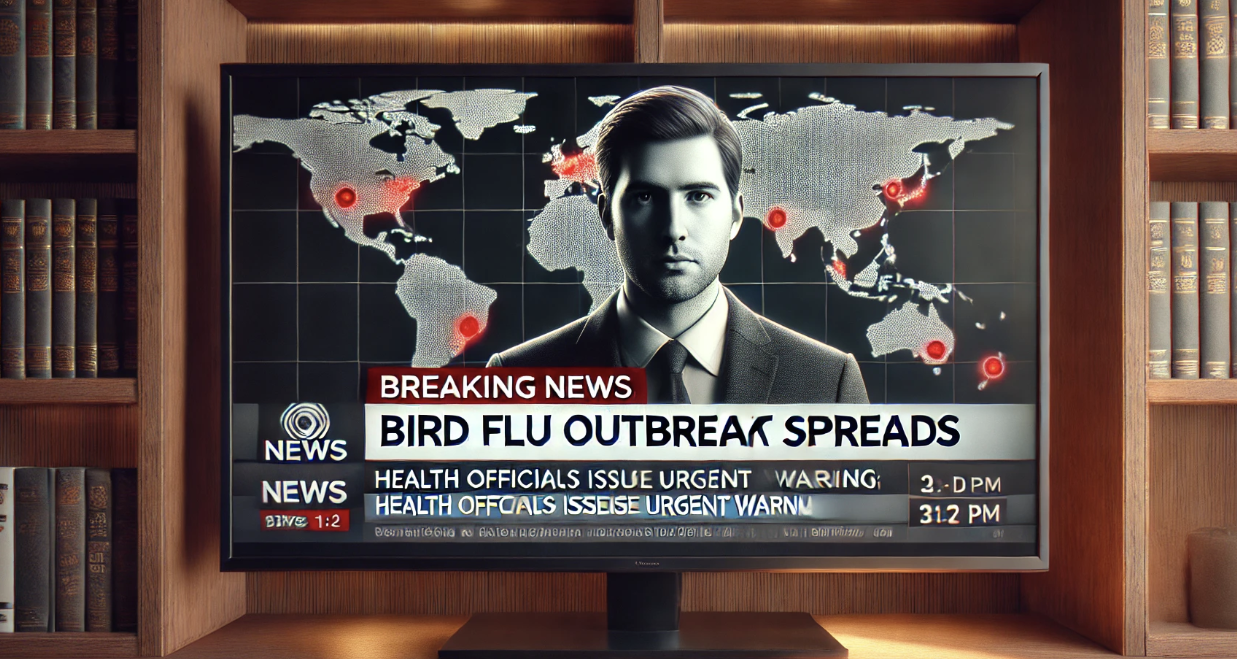



With ingredients from several other labs around the world Pfizer partnered with to concoct their 'witches' brew', is highly unlikely even Pfizer knows what's in what batch.
What happened with this story? Did Pfizer submit the info? It's quite important.